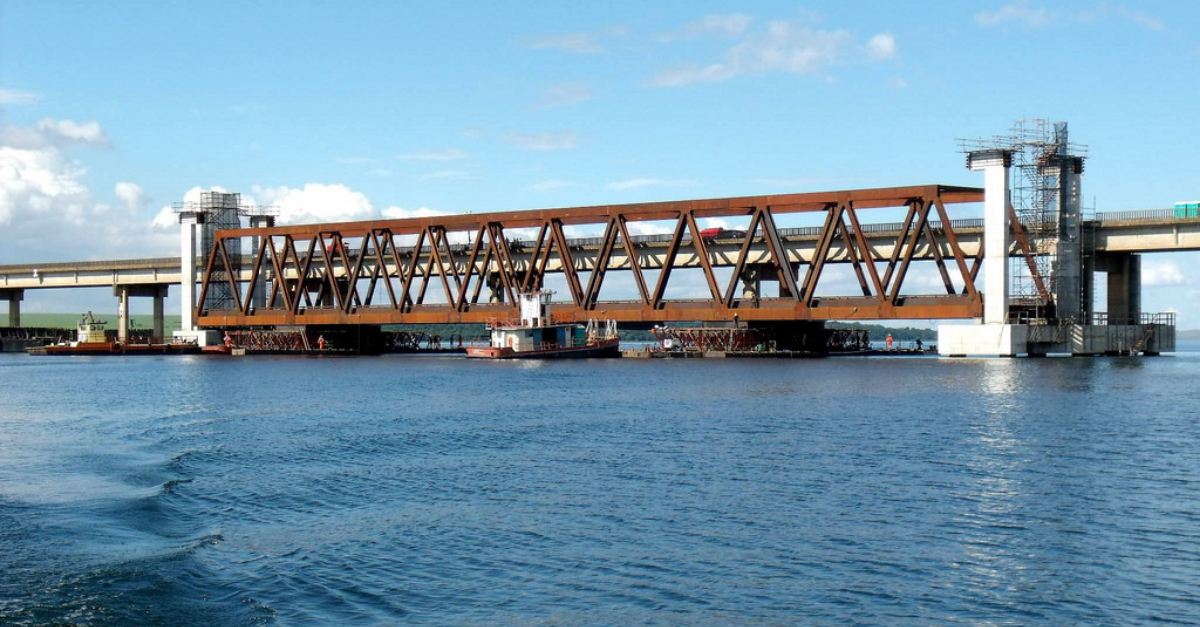
Water crisis threatens crop flow through Tietê-Paraná waterway
Jun, 29, 2021 Posted by Ruth HollardWeek 202127
The uninterrupted growth of the agribusiness gross domestic product (GDP) in recent years and the good prospects ahead are at risk because the harvest flow is being affected by logistical bottlenecks and transport problems. According to CNA (the national agriculture confederation), these are hindering the agribusiness technological revolution.
Elisangela Pereira Lopes, the technical advisor to the CNA’s national logistics and infrastructure commission, estimates that the next harvests will face two serious problems. One is the capacity of the ports, which, according to her, is close to the saturation level. The other, more serious, will be the interruption of the Tietê-Paraná waterway estimated to occur in July due to a water crisis.
According to Lopes, the National Electric System Operator (ONS) has already threatened to interrupt transport along that waterway because of the lack of water, which will be reverted to energy generation. She recalls that in 2013 the stoppage of the transport of 6.5 million tons by Tietê-Paraná caused damages in excess of R$ 1 billion. Today, there are 12 million tons that pass through it. “We are very concerned about the ONS’s decision”, says the advisor to the CNA. According to her, with the low water level, urgent dredging works would be needed to improve stretches of the channel, but DNIT (the national department of transport infrastructure) only has BRL 50 million per year for this, and the works require at least R$300 million every year.
The company Cargill also highlights the need for better navigation conditions on other rivers, such as the Madeira, which requires dredging, and the Tapajós and Amazonas, which need deeper drafts, better signaling and larger compositions for scalability, speed, and costs that would increase the competitiveness of production.
“Even more important is the authorized depth for ships on the north exit of the Amazon towards the Atlantic. Today, the river’s depth is only 11.7 meters, but it can be substantially improved. I would venture to say that Brazil loses between 50 cm and 80 cm of load/draft due to the uncertainties of navigation in that region”, says Ricardo Nascimbeni, supply chain director at Cargill in Brazil.
Source: Valor Econômico
To read the full original article, visit the link:
-
Ports and Terminals
May, 27, 2019
0
Port of Santos records growth in coffee and meat exports
-
Meat
Jul, 16, 2019
0
Cargill close factories in China due to swine flu
-
Ports and Terminals
Oct, 06, 2021
0
ANTAQ prolongs public consultation for lease of STS 53 area at Santos
-
Shipping
Nov, 07, 2021
0
Terminal puts waterways and ministry in conflict



